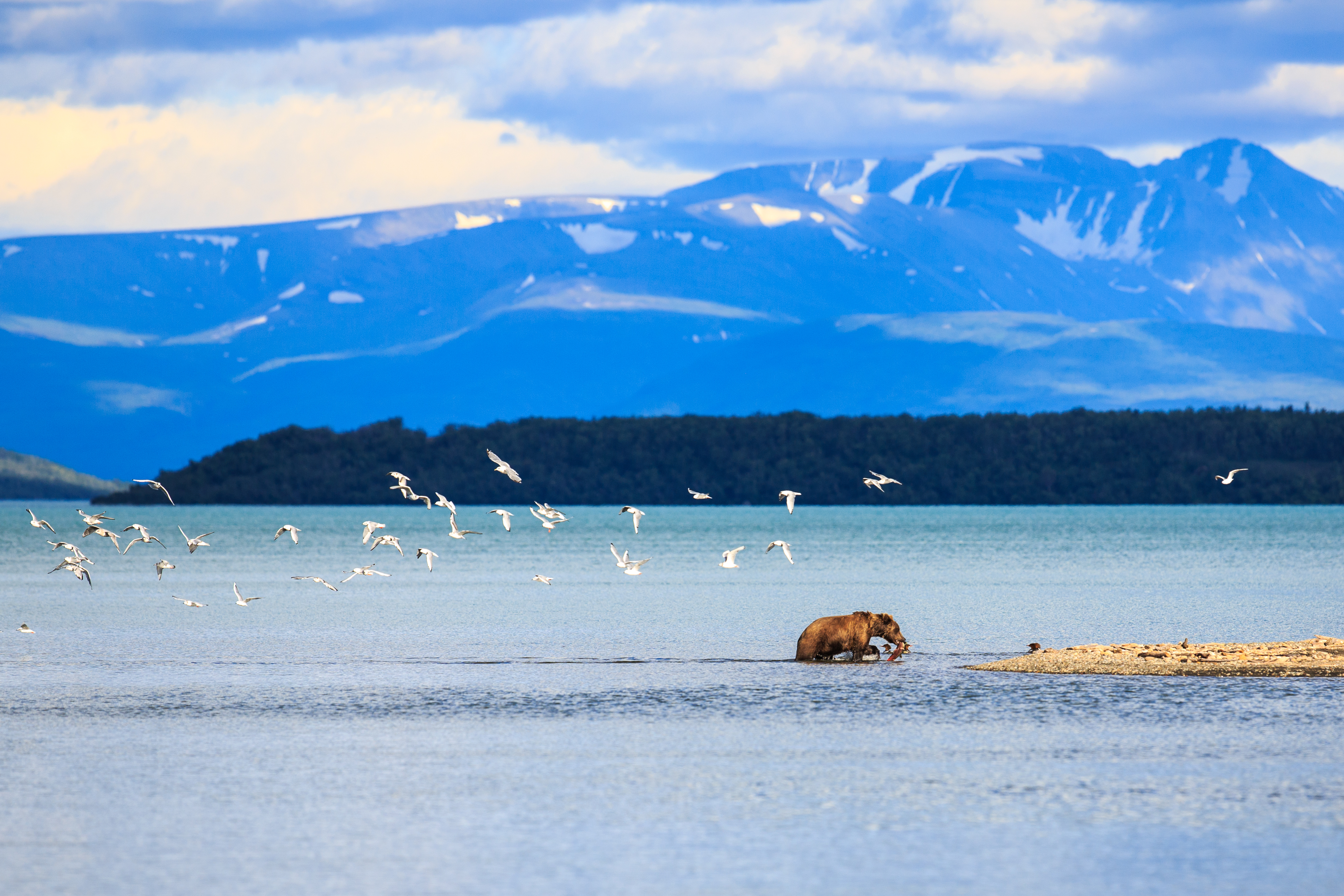
Finding solutions to plastic pollution is the theme of this year's World Environment Day, a public health event held on June 5 and led by the United Nations Environment Programme. Plastic pollution is a major concern because it harms our waters, lands, and air, impacting our health and the health of everything around us.
First Nations people have a long history of stewarding, nurturing, and maintaining relationships with their waters, lands, and territories, and are well aware of the dangers of pollution and overexploitation. Elders and Knowledge Keepers teach that it is essential to be good stewards of the life-giving resources of the lands and waters, and to take only what is needed. Unfortunately, because of changes brought upon by settler-colonialism, we live in a world where overexploitation is rife, and pollution including plastics is becoming part of our marine ecosystems.
As BC First Nations are among the many First Nations who rely on a thriving marine environment for food, medicine, sustenance/livelihoods, and transportation, they know the importance of protecting water ways. They know that water is sacred – that it is the lifeblood of Mother Earth, and that it sustains all life. So, BC First Nations honour their relationship with the land by tirelessly working to protect it from settler-colonial harms. One example is the Coastal First Nations – Great Bear Initiative, a partnership of nine BC First Nations and the Government of BC that is focused on removing debris such as discarded plastics and fishing gear from shorelines and traditional food-gathering areas on the central coast of BC. The initiative will receive $1.33 million dollars to work with local stewardship offices and coastal guardian watchmen, to conduct shoreline patrols and identify areas to prioritize for debris removal.
Why are plastics so harmful?
Plastics are made from fossil fuels, which pollute the environment. They are popular because they play an important role in health care and food safety, and because of their low cost and durability. However, the lifespan of plastic litter ranges from hundreds to even thousands of years, even if the items are used for less than one day.
When plastics enter the environment, they break apart into small pieces called “microplastics." These tiny pieces of plastic enter the ecosystem, where they are consumed by fish and animals. The plastic fills their stomachs, leaving no room for food and causing them to starve with full bellies. Studies estimate that 90% of sea birds have plastic in their stomachs, and approximately 100,000 marine creatures die each year from plastic pollution. While most research on the effects of plastics focus on marine life, we also know that plastic ingredients are harmful to humans.
How can we beat plastic pollution?
There are many ways we can individually and collectively make a positive impact to safeguard the environment to allow future generations to thrive. For example, we can:
- Reduce use of single-use plastic products when possible (e.g., straws, grocery bags, coffee cups).
- Recycle plastic waste.
- Choose non-disposable products when possible (e.g., re-usable razor, cloth diapers, beeswax food wrap).
- Teach your children to be environmentally conscious by being a good example and by providing them with children-oriented movies about what could happen if we don't protect our natural resources. These include Dr. Seuss' The Lorax, Wall-E the Waste-Collecting Robot, Fern Gully: The Last Rainforest, and Avatar.
- Stay informed! Watch documentaries like "A Plastic Ocean," which focuses on the effects of plastic on marine wildlife, or "Minimalism," which critiques and dismantles the Western ideal that consumerism brings you happiness. Also, see the links below.
Resources:
https://environmentaldefence.ca/wp-content/uploads/2018/10/FINAL-Talking-Trash-Primer-Oct-2018.pdf
https://civiclaboratory.nl/2019/05/14/theres-no-such-thing-as-plastic-only-plastics-heres-why-that-matters/
https://www.ocean.org/pollution-plastics/plastic-reduction/

